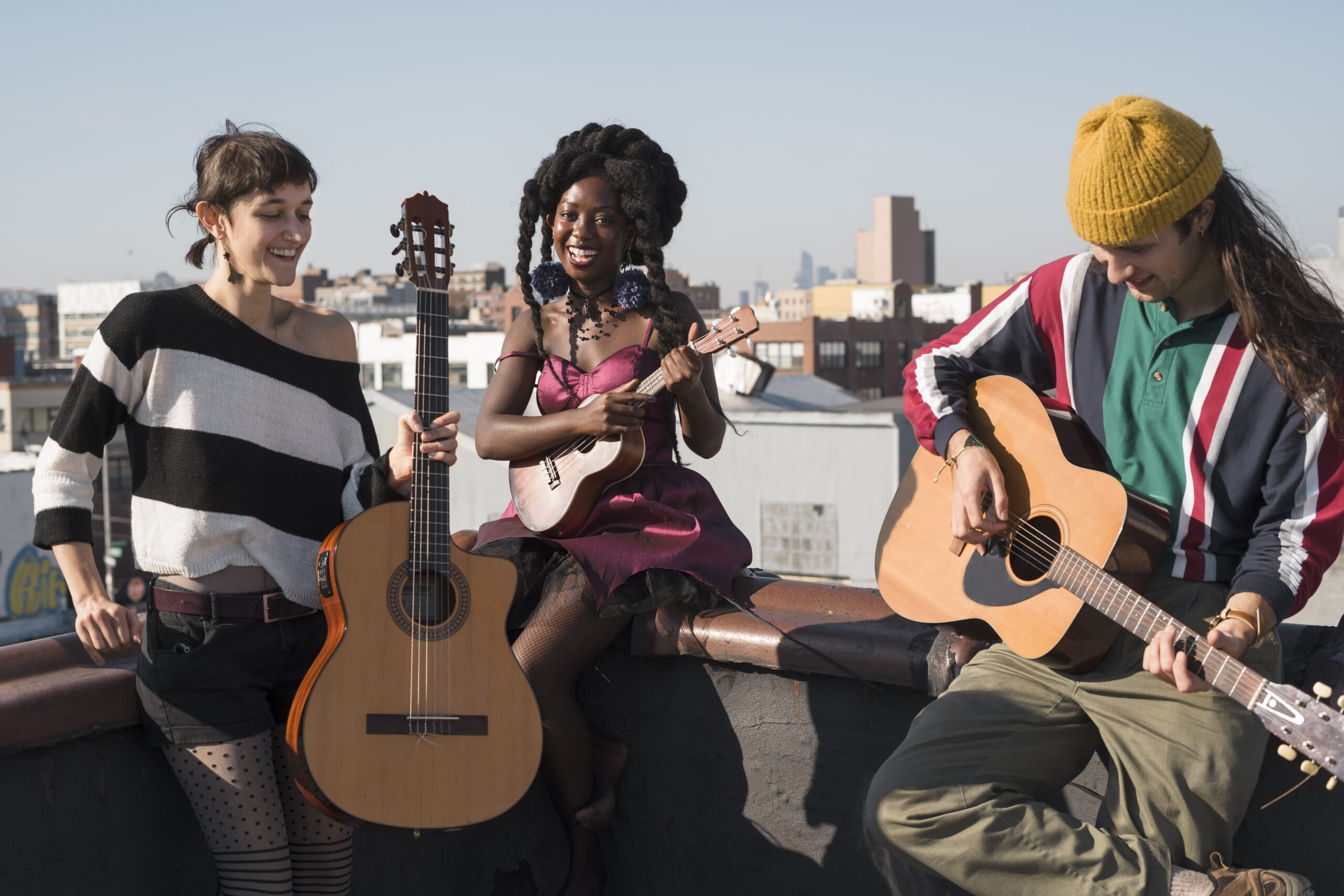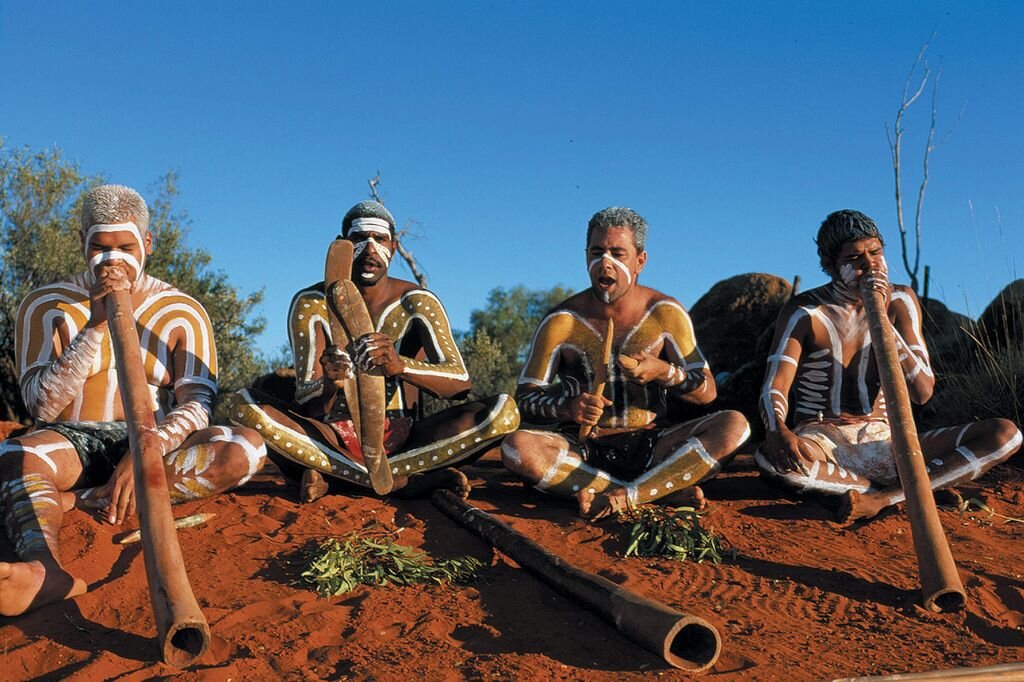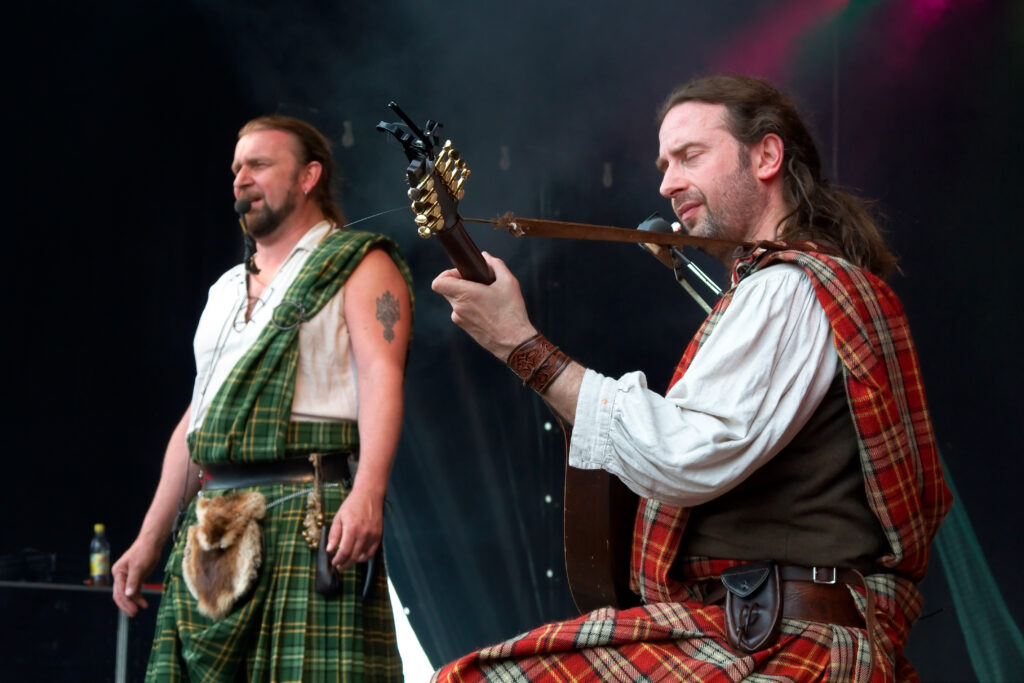
Music is like a universal language that speaks to everyone, no matter where they’re from or what language they speak. It’s amazing how a rhythm or melody can bring people together, creating a sense of community and shared experience. Whether it’s a soulful gospel choir in a small church in the American South, a lively samba parade during Brazil’s Carnival, or a serene sitar performance in India, music has a way of weaving itself into the very fabric of cultural identity and tradition.
Connecting Generations and Celebrating Heritage
One of the reasons music is so important to different cultures is its power to connect generations. Think about traditional folk songs passed down from grandparents to grandchildren. These songs aren’t just catchy tunes; they’re carriers of history and heritage. In many cultures, these songs tell stories of ancient battles, love stories, or everyday life, preserving a piece of history that might otherwise be forgotten.
Take, for example, the Aboriginal music of Australia, which often incorporates ancient instruments like the didgeridoo. These musical traditions have been passed down for thousands of years, serving as a living, breathing record of the people’s history and way of life. Similarly, African drumming traditions have deep roots in the continent’s history, where different drum beats and rhythms can convey various messages and emotions.

Expressing Identity and Emotion
Music is also a powerful form of self-expression. From hip-hop in the streets of New York City to flamenco dancers passionately moving to guitar music in Spain, music gives people a way to express their identities and emotions. It’s like a mirror that reflects the soul of a culture. In many societies, specific genres or styles of music are closely associated with national or regional pride.
In Ireland, for instance, traditional Celtic music, with its lively fiddles and bagpipes, is a source of national pride and a way for Irish people to express their cultural identity. In Jamaica, reggae music has become a symbol of resistance, peace, and Rastafarian spirituality. The lyrics and rhythms of reggae songs often address social issues, making them a form of social commentary that resonates with many people.

Bringing People Together
Perhaps one of the most magical aspects of music is its ability to bring people together. Festivals, ceremonies, and celebrations around the world are often centered around music. Think about the infectious rhythms of a salsa dance party or the hypnotic beats of a trance music festival. Music has a way of dissolving boundaries, encouraging people to dance, sing, and connect with one another.
In India, for instance, music plays a central role in celebrations such as weddings and festivals like Diwali. The joyful sounds of dhol drums and the melodious tunes of classical Indian music bring people together in joy and celebration. In South Africa, the harmonies of traditional Zulu music bring communities together, often sung in unison to celebrate and reinforce social bonds.
A Universal Language
No matter where you go, music speaks a language that transcends words. It communicates joy, sorrow, love, and hope. It has the power to transport people to different times and places, evoking memories and emotions that are universally understood. In this way, music acts as a bridge, connecting people from different backgrounds and fostering a sense of global unity.
So, whether you’re jamming to pop hits on the radio, meditating to calming instrumental tracks, or exploring traditional music from a far-off land, remember that music is much more than just sound. It’s a powerful force that binds us together, enriches our lives, and celebrates the diverse tapestry of cultures around the world.
Featured Image by freepik





Leave a Reply